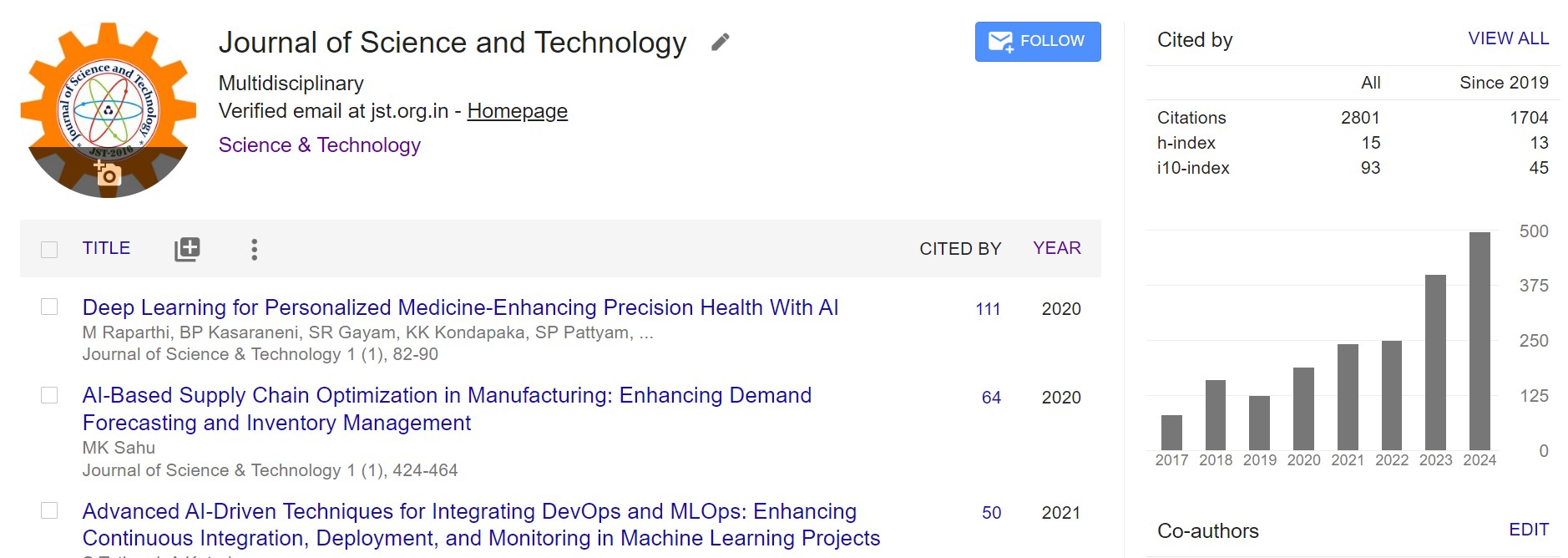ROAD RAINWATER HARVESTING - EFFICIENT TOOL FOR ROAD DRAINAGE AND GROUND-WATER RECHARGE
DOI:
https://doi.org/10.46243/jst.2021.v6.i04.pp160-171Keywords:
.Abstract
In the last 4 to 5 decades, roads were constructed/ improved at a large scale; hence road length has rapidly increased to a larger extent in India. This paper will provide a systematic way of finding the drainage status of existing roads, the need for proper drainage of the road water, and groundwater recharge to raise the existing water table by the way of road rainwater harvesting. For an investigation, the field data of camber of pavements, shoulders side-slope, embankment slope, and status of open/built-up gutters on both sides of the road was collected. This quantitative data is collected for the 10 km road length of Mumbai-Goa NH-66. This study site is a typical representation of the condition of road drainage in India and most of the parts of the world. However, their nature and magnitude will change depending upon local meteorological conditions, geographical and geological parameters, the standard of road, traffic volume, etc. Results/findings worked out under this study are effective and highlighted the concentration towards the need for road water harvesting. It will also resolve the problem of drinking and agricultural water to a certain extent. Building/terrace rainwater harvesting is popular all over the world. However, the road rainwater harvesting concept is yet not common in India and all over the world also. Hence, a decision policy of government road organizations in each nation is essential for the implementation of this scheme. It will not only increase the life of road but also play important role in the sustainable development in that area/region. Figure-1shows the graphical abstract of the current stud


























